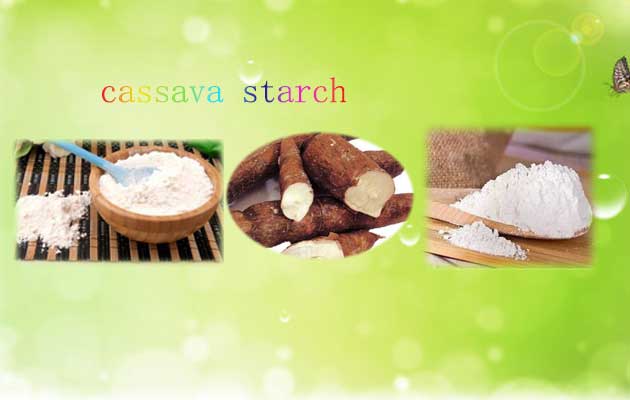The Role Of Cassava Starch
Food
Cassava starch is widely used in food formulations, such as bakery products, also used in the production of extruded small food and cassava beads. Modified starch or starch derivatives have been used as thickeners, binders, extenders and stabilizers, and are also the preferred bulking agents, sweeteners, flavor carriers and fat substitutes. Foods that use Thai tapioca starch include canned food, frozen foods, dry mix foods, baked goods, small foods, condiments, soups, sausages, dairy products, meat and fish products and baby food.
Drink
Modified starch is used as a colloidal stabilizer in beverages containing solid ingredients. In the beverage, tapioca starch sweetener is better than sucrose, because the former to improve the processing and strengthen the product characteristics, combined with other sweeteners, can fully meet consumer demand. The high degree of hydrolysis syrup formed by the hydrolysis of tapioca starch is an ideal source of easy fermentation of beer in brewing.
Candy
Cassava starch and a variety of modified starch in candy production has many uses, such as gelation, thickening, stabilizing the system, enhance the foam, control the crystallization, bonding, film, add luster and so on. Low viscosity tapioca starch is widely used in glialized confections such as jelly and chewing gum. The most commonly used is acid hydrolysis of starch, because it has excellent reversibility and gelling ability, when the sugar when these characteristics are more significant. Dry starch is used as a release agent in confectionery. Starch-based glycan has achieved the production of sugar-free chewing gum.
Chemical industry
Tapioca starch-based syrup can be produced at low cost by acid hydrolysis or enzymatic processes, and is used as a raw material for the production of various chemicals such as sodium glutamate, amino acids, organic acids, ethanol, ketones, vitamins and antibiotics.

Cassava starch is widely used in food formulations, such as bakery products, also used in the production of extruded small food and cassava beads. Modified starch or starch derivatives have been used as thickeners, binders, extenders and stabilizers, and are also the preferred bulking agents, sweeteners, flavor carriers and fat substitutes. Foods that use Thai tapioca starch include canned food, frozen foods, dry mix foods, baked goods, small foods, condiments, soups, sausages, dairy products, meat and fish products and baby food.
Drink
Modified starch is used as a colloidal stabilizer in beverages containing solid ingredients. In the beverage, tapioca starch sweetener is better than sucrose, because the former to improve the processing and strengthen the product characteristics, combined with other sweeteners, can fully meet consumer demand. The high degree of hydrolysis syrup formed by the hydrolysis of tapioca starch is an ideal source of easy fermentation of beer in brewing.
Candy
Cassava starch and a variety of modified starch in candy production has many uses, such as gelation, thickening, stabilizing the system, enhance the foam, control the crystallization, bonding, film, add luster and so on. Low viscosity tapioca starch is widely used in glialized confections such as jelly and chewing gum. The most commonly used is acid hydrolysis of starch, because it has excellent reversibility and gelling ability, when the sugar when these characteristics are more significant. Dry starch is used as a release agent in confectionery. Starch-based glycan has achieved the production of sugar-free chewing gum.
Chemical industry
Tapioca starch-based syrup can be produced at low cost by acid hydrolysis or enzymatic processes, and is used as a raw material for the production of various chemicals such as sodium glutamate, amino acids, organic acids, ethanol, ketones, vitamins and antibiotics.


